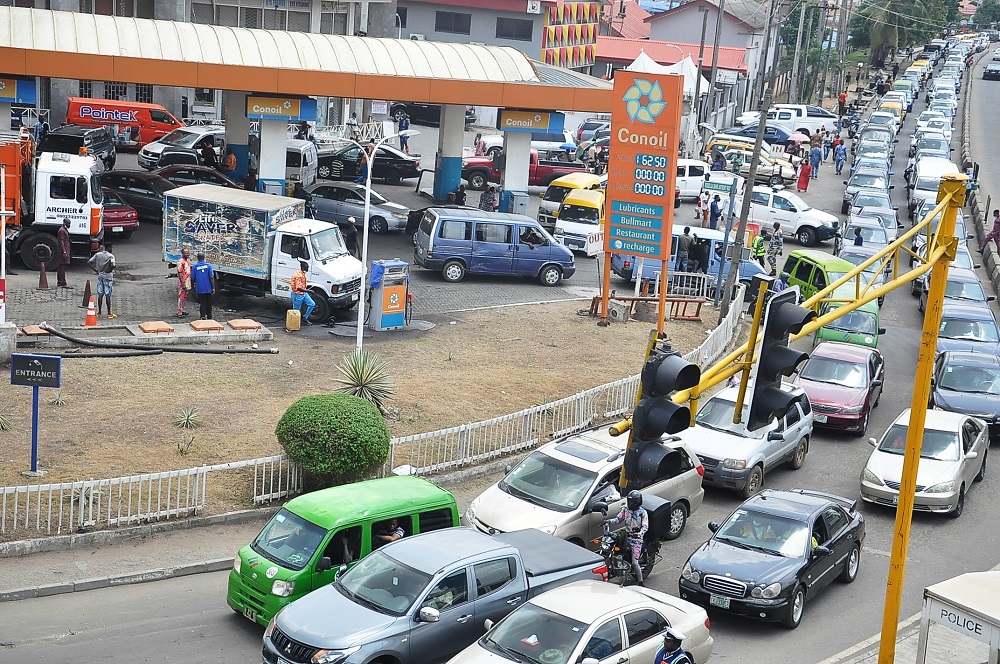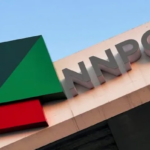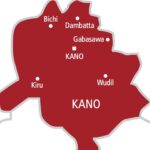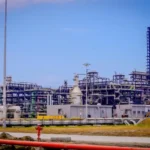It’s good to multitask and being versatile is a virtue that everyone should have. For corporate institutions, it’s about being agile and able to diversify their portfolios, as may be required to grow or sustain leadership. However, that should not be the business case for a regulator to become an operator.
It’s so embarrassing to see the buck-passing between NNPC and one or more of the oil marketers, on who imported the bad fuel that has caused innocent Nigerians’ hardship. Beyond the awful effect of the scarcity, which cannot be easily measured in wasteful man-hours and its opportunity cost, many generator sets, vehicles, and equipment have parked off, as their engines got knocked out by the high methanol content in the “fake fuel’ imported by yet “unknown men”.
- NIGERIA DAILY: How Thugs Dictate The Outcome Of Elections In Nigeria
- Harassment of Ortom threat to unity, co-existence of Nigeria – PDP
We have all been made to believe the NNPC is the sole importer of fuel into the country and oil marketers, including the multinational and large indigenous oil majors, are just agents, providing storage in tank farms and serving the last mile retail distribution need of the NNPC. The government has consistently and proudly announced this strategy of crude-for-fuel swap arrangements with oil traders but now that the chips are down and the chicken has come home to roost, NNPC says it is not its fault.
Whose fault? Whether the fuel is imported by NNPC or not, who has the responsibility for certifying the quality of the product?
In the murky waters of Nigeria’s oil and gas industry, it is still not quite clear what role (s) NNPC is playing now. Is the NNPC a regulator or an operator, especially now that the Petroleum Industry Act is technically on hold?
When responsibility lines, especially those that demarcate between regulations and operations become blurred, there is a fundamental problem. What happened in the Nigerian oil industry last week was clearly an institutional failure, which itself was the consequence of a nebulous structure that can only obscure processes and compromise standards.
The incident of bad fuel, as the toxic petrol has come to be known, simply tells every Nigerian that the country is not yet ready for the planned deregulation of the oil industry. That such a high-profile fraudulent activity could happen under the watchful eyes of the NNPC as the sole importer of petrol into Nigeria is awful. It stinks.
It is embarrassing enough that Africa’s leading oil producer is almost entirely dependent on imported refined products to turn the engines on which its economy runs. Our state-owned refineries are comatose and this administration promised to revive them, but all hopes seem to be dashed, as the only thing we read and hear is allocations and bogus salaries and training for staff of NNPC refineries, which do nothing. Perhaps, the resolution of NNPC to buy a substantial stake in Dangote Refinery summarises the new unspoken position of the government that the refineries can neither be rehabilitated nor privatised.
But it is much more embarrassing – in fact tragic- that our oil sector operators and regulators have come so low that they can no longer determine the type of fuel suitable for our environment.
I believe even the government knows that we need to overhaul our oil industry, starting with the regulator, which is now the Super Operator in the downstream which it purports to deregulate. So, the question is not whether we should; the question is who would bail Nigerians out of the shackles of the oil cabals, which seem too powerful for most of our leaders to call to order. NNPC, the number one culprit of the current hardship Nigerians are facing, says it has identified the source of the bad fuel and would take relevant actions and sanctions, but who would sanction NNPC for its role in this saga.
As I have argued in my book, Reporting Business and Economy, the transition from a public sector-dominated economy to a market system does not obviate the need for regulation. Regulators are needed to superintend the birth of private sector-led economic revival and nurture the new environment for such revolution to thrive. In the absence of that, the new system being introduced could end up worsening consumer welfare.
Every economic reform or privatisation has or should have as its core objective the satisfaction of consumer welfare, by whatever standards measured. But the tragedy is that without a proper framework for implementation and monitoring, a reformed programme could actually end up destroying consumers’ welfare.
Without the entrenchment of a veritable regulatory framework, privatisation could give birth to economic exploiters in the garb of free-market competitors. This is evident in Nigeria’s power sector now, which the 2013 reform that gave birth to the unbundling of an inefficient Power Holding Company of Nigeria, has in turn given rise to a power sector that is currently on life support needing critical surgery and leaving Nigerians worse off.
Bad fuel is obviously an unacceptable gift to Nigerian consumers, whose welfare has suffered grievous damage. In a properly functioning market system that distinguishes between regulator and operator, the market knows how to punish those who imported the bad fuel. But in our opaque structure characterised by information asymmetry, motorists had already fallen into the well of toxic fuel before they knew what was happening.
Leaders need to take responsibility and stop fooling us with buck-passing and mere talks.

 Join Daily Trust WhatsApp Community For Quick Access To News and Happenings Around You.
Join Daily Trust WhatsApp Community For Quick Access To News and Happenings Around You.


